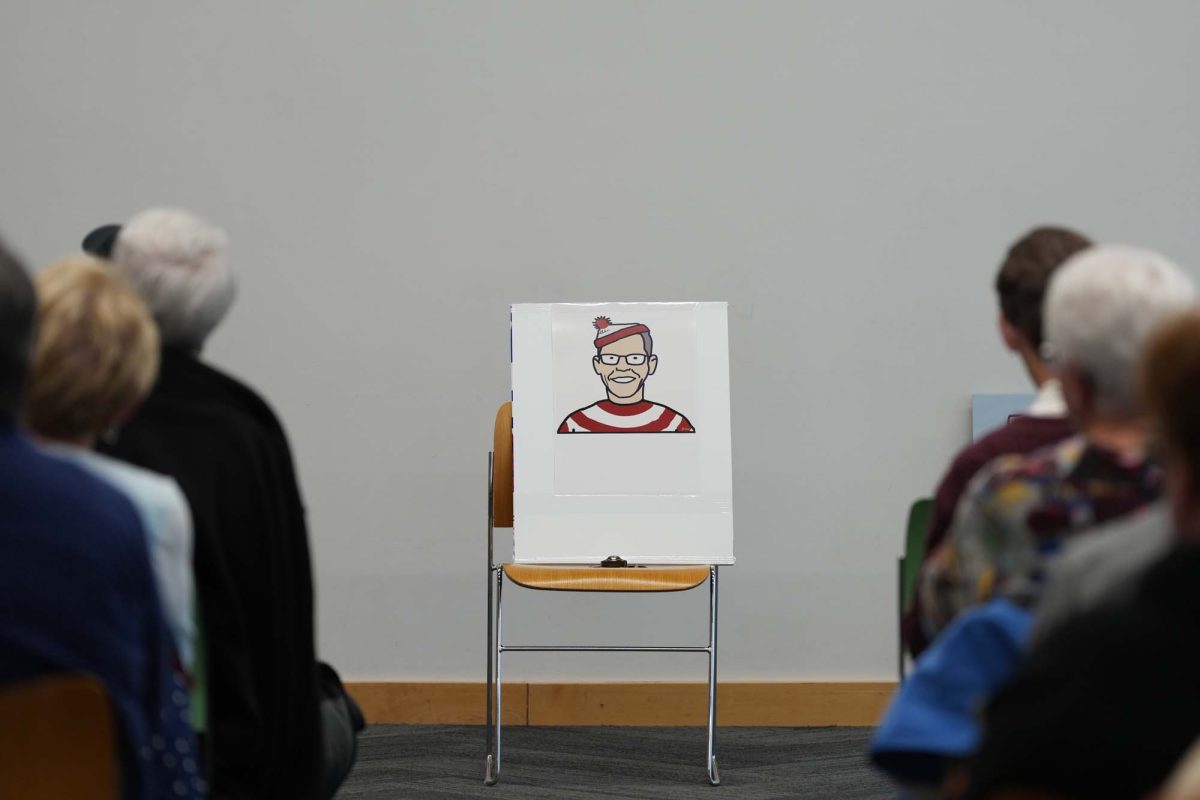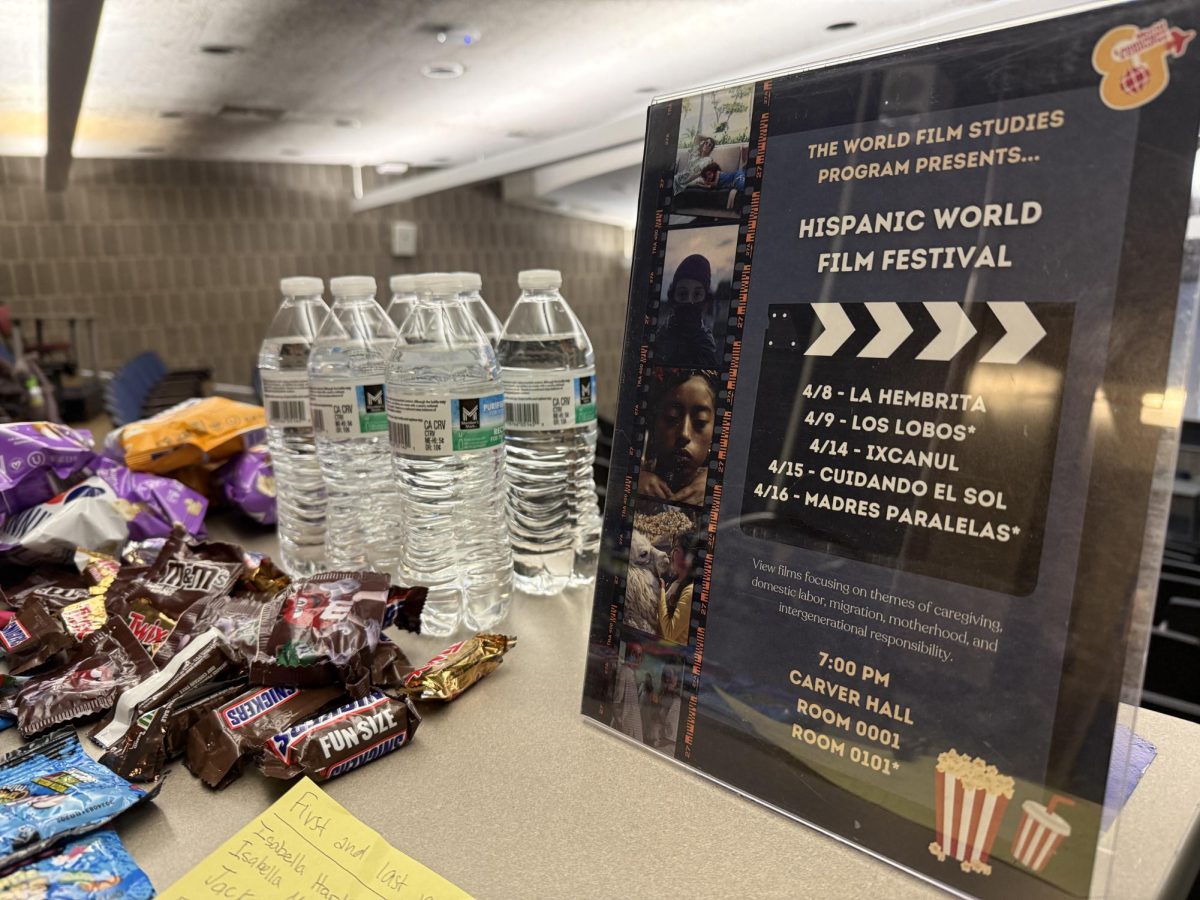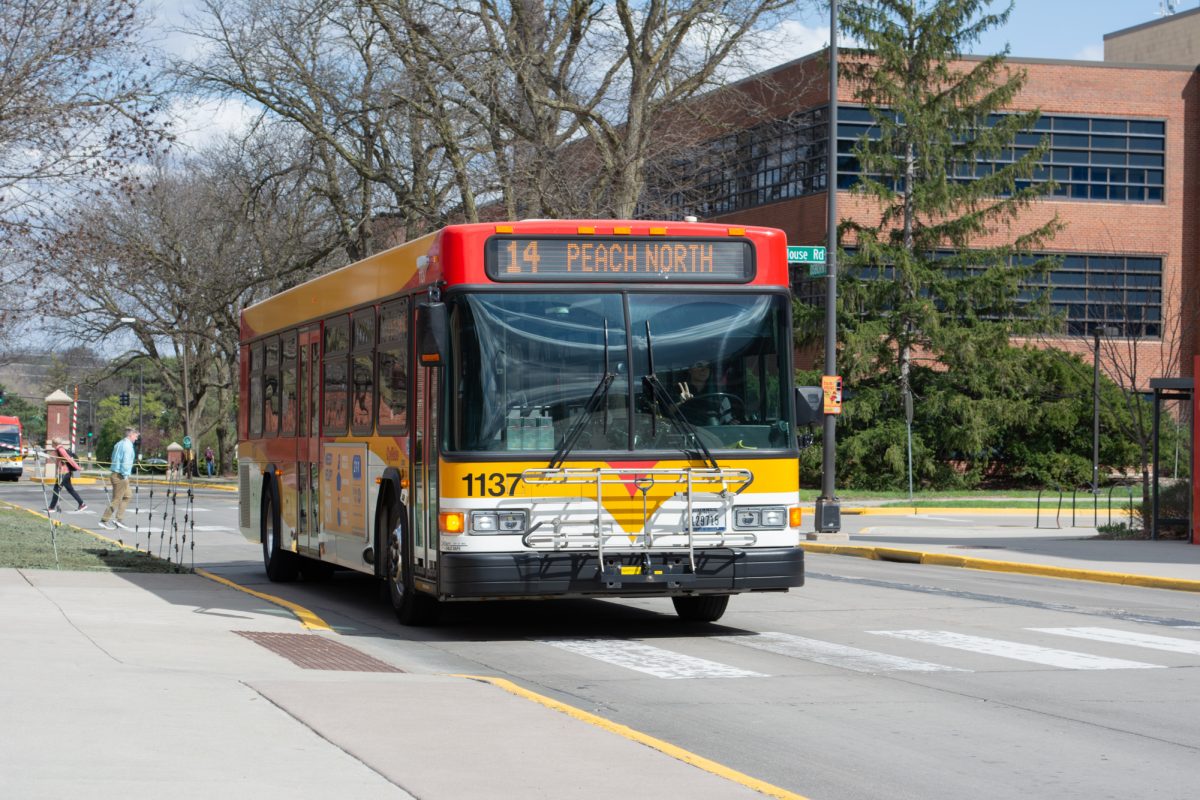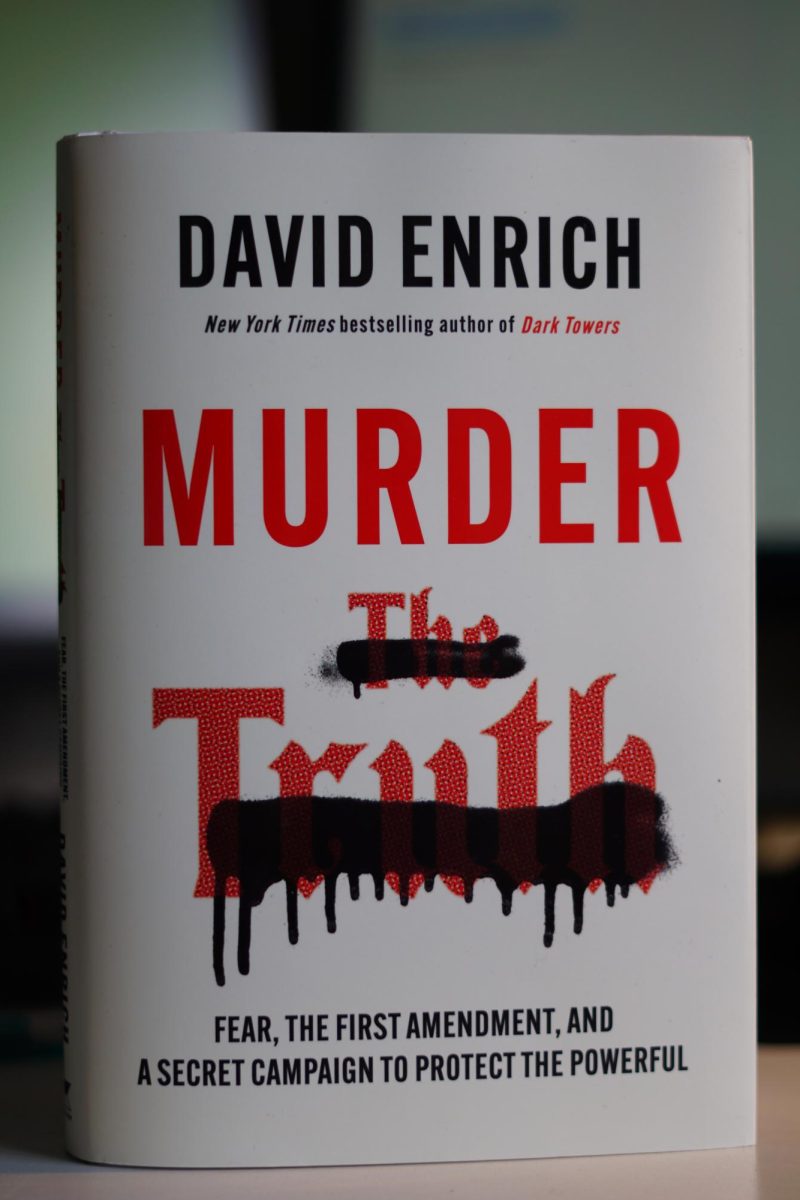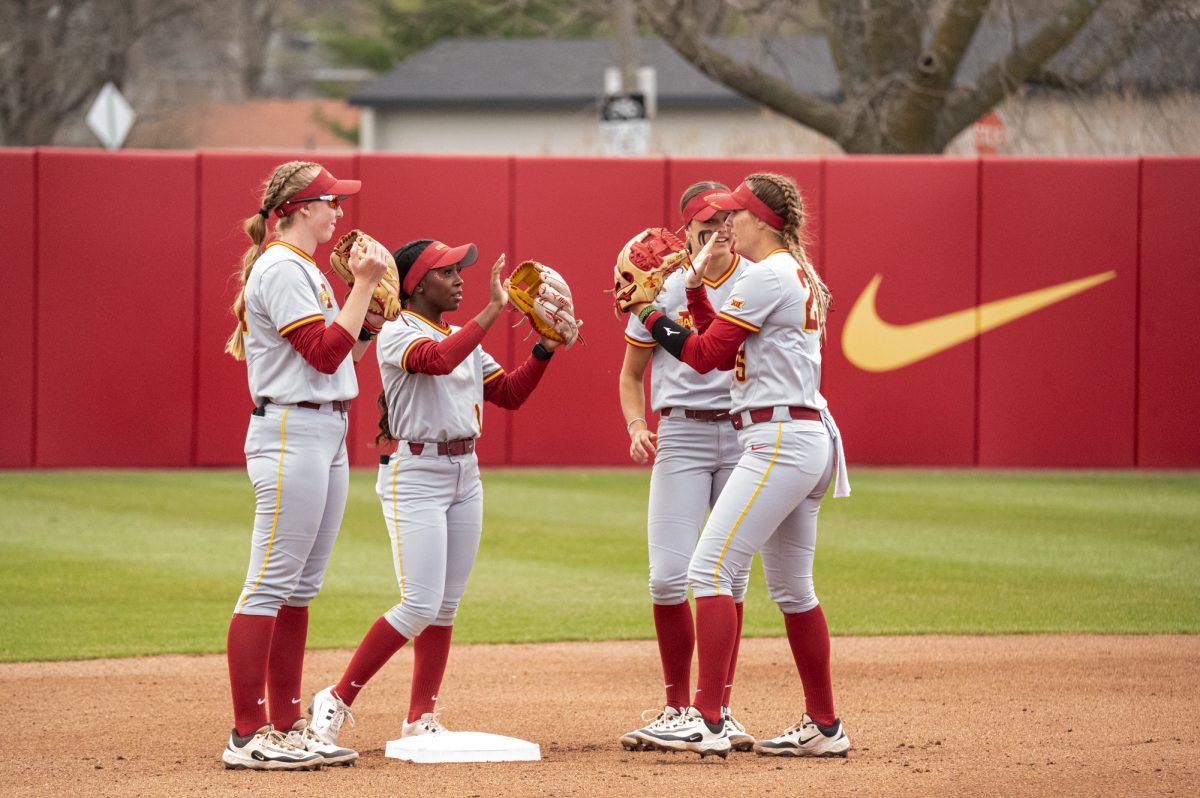Clashes, looting rock Greek cities for 4th night
December 9, 2008
ATHEN, Greece (AP) — Masked youths and looters marauded through Greek cities for a fourth night Tuesday, in an explosion of rage triggered by the police shooting of a teenager that has unleashed the most violent riots in a quarter century.
The nightly scenes of burning street barricades, looted stores and overturned cars have threatened to topple the country’s increasingly unpopular conservative government, which faces mounting calls for Prime Minister Costas Karamanlis to resign.
Police fired tear gas at protesters Tuesday following the funeral of 15-year-old Alexandros Grigoropoulos, who was laid to rest in an Athens burial attended by about 6,000 people.
The rioting — which has engulfed cities from Thessaloniki in the north to the holiday island of Corfu and Crete in the south — threatens the 52-year-old Karamanlis, who already faced growing dissatisfaction over financial and social reforms at a time of deep anxiety over growing economic gloom.
Opposition Socialist leader George Papandreou called for early elections, charging the conservatives were incapable of defending the public from rioters.
“The government cannot handle this crisis and has lost the trust of the Greek people,” Papandreou said. “The best thing it can do is resign and let the people find a solution … We will protect the public.”
The call was echoed by protesters, who, though they have not voiced any particular policy goals, say they want Karamanlis out.
“It’s very simple — we want the government to fall. This boy’s death was the last straw for us,” Petros Constantinou, an organizer with the Socialist Workers Party, said in Athens. “This government wants the poor to pay for all the country’s problems — never the rich — and they keep those who protest in line using police oppression.”
Karamanlis, whose New Democracy party narrowly won re-election a year ago, has ignored the calls.
Greece was torn by years of civil war between communists and right-wing nationalists in the wake of World War II, and was ruled by a military dictatorship from 1967 to 1974.
Though a student uprising succeeded in ending military rule in 1974, it also left a legacy of activism and simmering tensions between the security establishment and a phalanx of deeply entrenched leftist groups that often protest against globalization and U.S. foreign policy in the Middle East and elsewhere.
The groups have now evolved into various mainly youth factions that claim to fight trends ranging from globalization to police surveillance cameras. Their impact is usually limited to graffiti and late-night firebomb attacks on targets such as stores and cash machines.
But the latest riots have moved far beyond the small antiestablishment groups to become a siege of Karamanlis’ government. Teenagers and university students have joined self-styled anarchists in much of the rioting and destruction.
The fallout from the riots, which has seen police stations nationwide come under attack by rock- and Molotov cocktail-throwing youths, could be far-reaching.
“This reaction will register as major discontent in the next public opinion polls, which will hobble the government’s effectiveness,” political analyst Anthony Livanios told The Associated Press. Whenever the government tries to pass reforms, “Greek society will react — while the level of parliamentary opposition will increase.”
The government is already facing public discontent over the state of the economy, the poor job prospects of students and a series of financial scandals that have badly rattled public confidence.
Greece is heavily dependent on tourism, which could decline as a result of the global economic crisis.
Karamanlis trails the Socialists in recent opinion polls and would struggle to win a general ballot now. His government clings to a single seat majority in the 300-member Parliament and could be brought down by a single defection, though it is unlikely any deputy would risk his political career to topple a government at a time of civil unrest.
A poll released Tuesday gave the Socialists a 4.8 percent lead over Karamanlis’ conservatives. The poll gave no margin of error.
A senior Socialist party official, Christos Protopappas, blamed underlying social inequalities for the violence, saying the government’s policies exacerbated the gap between rich and poor.
“If there is no change in policies, I fear that what will happen in six months or one year will be much worse,” he said.
Analyst Livanios agreed. “This was an emotional reaction after public opinion was outraged by the unfortunate event of the teenager’s killing,” he said. “Clearly, during very negative economic conditions people with very low incomes and jobless people who can see no future for themselves became part of this social reaction.”
On Tuesday, police fired tear gas to dispel dozens of youths throwing stones and sticks and setting trash cans on fire near the funeral for Grigoropoulos, whose death Saturday sparked the rioting. Dozens of local residents gathered on the streets, shouting at police to stop firing gas in the residential area.
Athens Mayor Nikitas Kaklamanis said “the winds of destruction are blowing through our city.”
Schools and universities across Greece were closed for the funeral and hundreds of teachers, university lecturers and students rallied in central Athens, where hundreds of teenagers threw rocks and scuffled with officers.
Still, the clashes were less severe than the rioting over the past three nights.
Amnesty International accused Greek police of heavy-handed tactics against protesters, saying police “engaged in punitive violence against peaceful demonstrators” instead of focusing on rioters.


